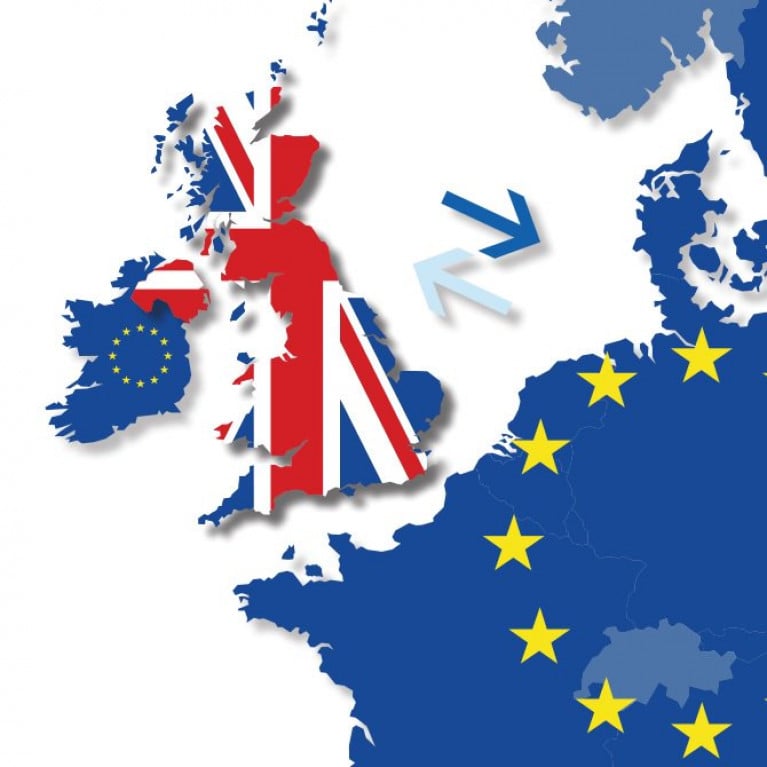Michel Barnier gave EU ambassadors on Tuesday a downbeat assessment of the negotiations on the future relationship with the UK. The EU's chief negotiator also spoke briefly about the row over the EU having an office in Belfast.
As RTE News reports, the EU believes that the Irish Protocol renders such an office a practical if not legal necessity, since at the end of this year Northern Ireland will be operating under the EU’s customs and regulatory rulebook, while the rest of the UK won’t.
The UK insists the Protocol does not legally oblige London to approve such an office, and that its very presence would be divisive.
By all accounts, there is growing frustration in national capitals that the EU is still having to devote time and energy to the Brexit issue, given the overwhelming cost and urgency of the Covid-19 pandemic.
"You really got a sense [at the meeting] that there is no time or patience for this now," says one EU diplomat.
The issue of the EU office appears parked for the moment. Michel Barnier told ambassadors there were more pressing concerns.
The transition is due to expire in little over seven months' time, and the EU fears that preparations are lagging seriously behind. What is envisaged is a radical new regime of checks and controls on goods moving between Great Britain and Northern Ireland.
"Regardless of what happens," says one EU source, "unless the transition is extended then conditions will change drastically. We know how it’s going to happen. We’ve no excuse not to plan ahead."
On 30 April, the European Commission Task Force circulated a reminder to member states of the work that needs to be done.
The UK will have to apply the European Union’s customs rulebook at Northern ports and airports.
There will need to be facilities in place to ensure all food products entering the North across the Irish Sea conform to EU food standards.
There will be a dual VAT system. When it comes to goods and excise, EU VAT rules will apply, but when it comes to services, UK VAT rules will apply.
If Northern fishermen catch fish in UK waters and land them in Kilkeel, County Down, then the tariff regime for those fish will have to be worked out, since Northern Ireland will de facto be in the EU’s customs area.
The EU expects IT systems and databases in place for customs, VAT and excise so that the North can plug into the EU system.
Work on this needs to be underway by 1 June, says the Commission, while preparing customs infrastructure and so-called sanitary and phytosanitary (SPS) control posts needs to start "immediately" if everything is to be ready by 1 January, 2021.
For further reading RTE has much more including the Port of Larne.
































































